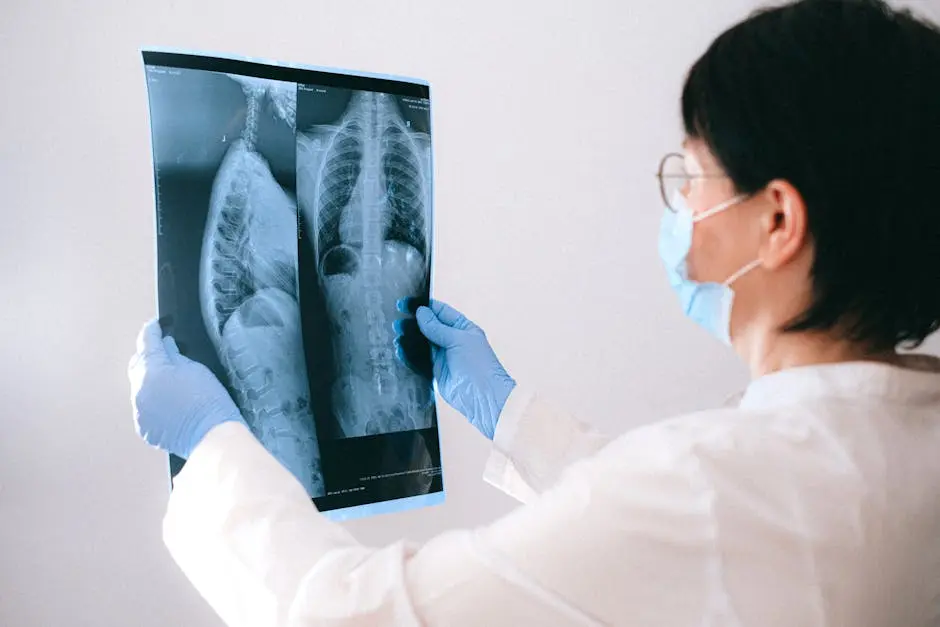Our Blog
What Are the Symptoms of Bile Duct Cancer?
October 08, 2024
Bile duct cancer, also known as cholangiocarcinoma, is a rare but serious condition that typically presents with various symptoms. Understanding these symptoms early can play a critical role in diagnosis and treatment. This FAQ blog will guide you through the common and less known symptoms associated with bile duct cancer.
Overview of Bile Duct Cancer Symptoms
Bile duct cancer often presents a unique set of symptoms that can vary greatly among individuals. The challenge lies in the fact that many of these symptoms are nonspecific, which can lead to delays in diagnosis. For instance, jaundice—characterized by a yellowing of the skin and eyes—often stands out as one of the hallmark symptoms.
In addition to jaundice, patients may experience unexplained weight loss, which can often be alarming. This symptom may not seem directly linked to bile duct cancer at first but is a signal that the body is dealing with a serious health issue. It’s essential to pay attention to such changes.
Further complicating matters, individuals might also encounter changes in their stool or urine color. Darkening of urine and light-colored stools can correspond with abnormal bile flow, leading to suspicion of underlying conditions, including bile duct cancer.
Another critical symptom to be aware of is abdominal pain. Patients report discomfort in the upper abdomen, and this can sometimes be mistaken for other gastrointestinal issues. Understanding the context of these symptoms is key in raising awareness between patients and healthcare providers.
Common Symptoms to Watch For
As noted earlier, jaundice is one of the most recognizable symptoms of bile duct cancer. It results when there is too much bilirubin in the blood due to obstruction in the bile ducts. Observing a yellow tinge in skin and eyes is a clear indicator to seek medical attention.
Accompanying jaundice, many patients experience itching. This scratching sensation can be persistent and bothersome, leading to significant discomfort. Itchiness often arises from bile salts being deposited under the skin, making it an important symptom to discuss with healthcare professionals.
Nausea and vomiting are also prevalent symptoms among patients. These gastrointestinal disturbances can be intermittent or persistent and may often lead individuals to question whether they should seek medical advice.
Unexplained weight loss should not be overlooked. This symptom could indicate that the body is coping with cancer, as it requires more energy than usual. Often patients might feel fatigued—another clear sign that something may not be right.
Lastly, the possibility of fever is another symptom to consider. Patients may experience low-grade fevers that can persist over time, hinting at an underlying infection or inflammatory process related to bile duct issues.
Less Common Symptoms
While many symptoms of bile duct cancer are widely recognized, others are less common and may lead to confusion. For instance, patients can experience sudden and unexplained episodes of chills. These chills can be disconcerting and may not always lead individuals to link them to bile duct cancer.
Another less common symptom is the development of a mass or lump in the abdomen. This may indicate that the cancer has progressed and requires immediate medical evaluation. Physical examination may reveal an enlarged liver or gallbladder as a potential sign of the disease.
Additionally, some individuals may notice skin rashes or skin changes, which could be an unusual symptom of underlying liver issues. This highlights the complexity of symptoms associated with bile duct cancer, as they often overlap with other conditions.
Changes in appetite are also reported by some patients. A vague feeling of fullness may discourage them from eating, leading to nutritional deficiencies and further health issues when coupled with weight loss and fatigue.
Symptoms in Advanced Stages
In the advanced stages of bile duct cancer, symptoms can become more pronounced and distressing. Patients might experience severe abdominal pain that may radiate to the back, indicating that the cancer has progressed significantly.
Moreover, advanced cases may lead to the development of ascites, where fluid accumulates in the abdominal cavity. This can cause abdominal swelling, discomfort, and increased pressure in the abdomen, resulting in significant pulmonary complications.
Additionally, the presence of severe fatigue can be debilitating. Some patients find daily activities exhausting, which can greatly impact their quality of life. This fatigue is often compounded by nutritional deficiencies due to a decreased ability to eat.
Finally, it’s crucial to recognize the emotional toll that advanced stages of bile duct cancer may have on patients. Anxiety and depression often surface due to the uncertainty and changes occurring within the body, making emotional support just as essential as physical treatment.
Final Thoughts
Recognizing the symptoms of bile duct cancer is crucial for timely diagnosis and treatment. If you or someone you know is experiencing potential symptoms, it is essential to consult a healthcare professional for proper evaluation. Early intervention can make all the difference in managing this condition.
